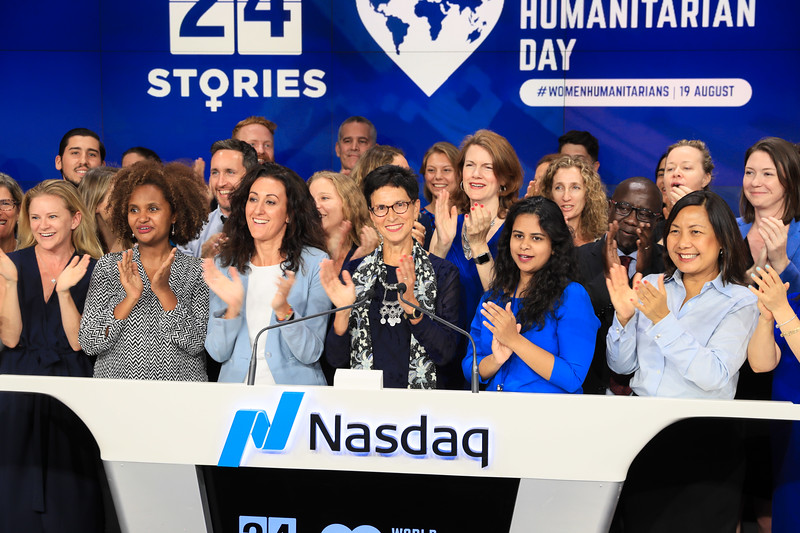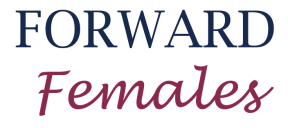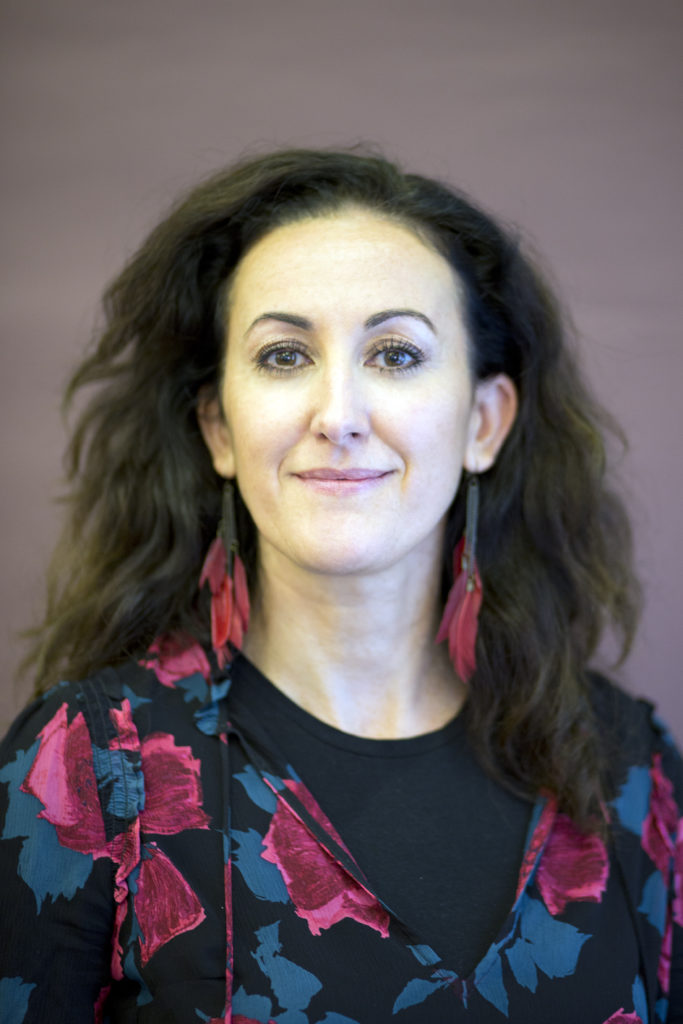
Nadia Hadi works for the Office of the Coordination of Humanitarian Affairs (OCHA) as the Team Leader for the Great Lakes region of Africa. She currently focuses on coordinating the response to the Ebola epidemic in the northeast of the Democratic Republic of Congo (DRC). Hadi provides policy advice to U.N. senior officials on humanitarian developments, coordinates with U.N. agencies, Member States and NGOs on humanitarian assistance, and supports the OCHA Offices in the field.
Did you always want to work for the United Nations?
I visited the U.N. in Geneva when I was nine years old. I thought it was a wonderful place where different people from various nationalities came together. I studied Law and Criminal Science but I wasn’t sure what I wanted to do professionally. I had an international background because my mother is English and my father is Egyptian but I was born and raised in France. After I got my masters, my father reminded me of my U.N. visit and my humanitarian interests. My nickname was the Peacemaker because I always tried to mitigate conflict. For my father it was obvious – he thought I should explore an internship at the U.N. So I did, and eventually I was offered a full-time job. I’ve been there ever since. This job combines all of my interests and is deep down what I always wanted to do.
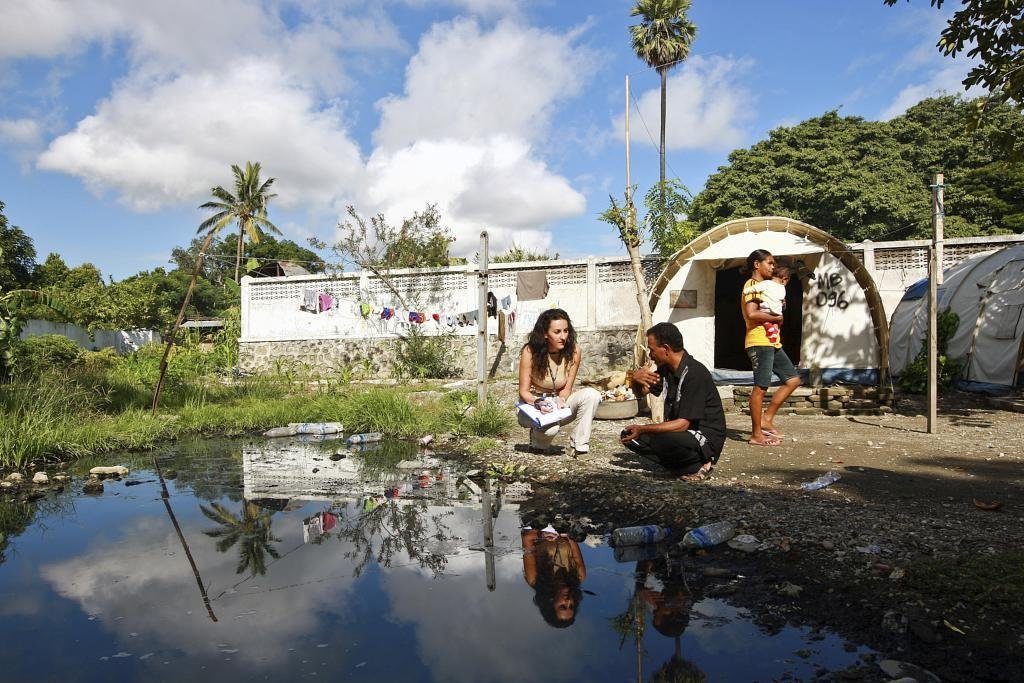
Can you share what a mission looks like – what are you doing while you’re abroad?
I go on two different types of missions: As the Team Leader for the Great Lakes region of Africa, I oversee all of our humanitarian operations. I support our office there and offer strategic support. I augment their existing capacity.
I’m also part of the U.N. Disaster Assessment and Coordination team. When there is a typhoon or earthquake coming, I am dispatched with a team as part of an international emergency response. We put in place a coordination system with countries, organizations, government officials, etc. It becomes very chaotic and my job is to organize the chaos. We identify who is coming with what, who is being affected, what the needs are and how to get the people what they need. I manage all of those logistics.
How much of your work is dealing with government officials and how much interaction do you have with the people affected on the ground?
Unfortunately, my role is limited when it comes to interacting with the people on the ground. I don’t have that gratification of seeing the people that we are helping. My role consists of coordinating on a strategic level. My job is to help the organizations that help the people (i.e. UNICEF).

What are some of the challenges you encounter when you’re on a mission abroad?
When you’re dispatched during an emergency it’s very stressful. You’re under tremendous pressure. You can work fast but it’s never fast enough. You have to be prepared for long hours and little sleep. Sometimes you end up in a country that you’re not familiar with. You need to make friends quickly despite having little background.
How do you handle working in such an emotionally intense environment?
It’s important to have space for yourself so you don’t get too affected by disasters. I’m very close to my family back in France. My family helps me stay grounded and reminds me where I came from. You also have to take care of yourself. When I’m exhausted, I make sure that I get some sleep. I go for a run when I’m under a lot of pressure. You need to know your limit and refuel when you’ve reached it.
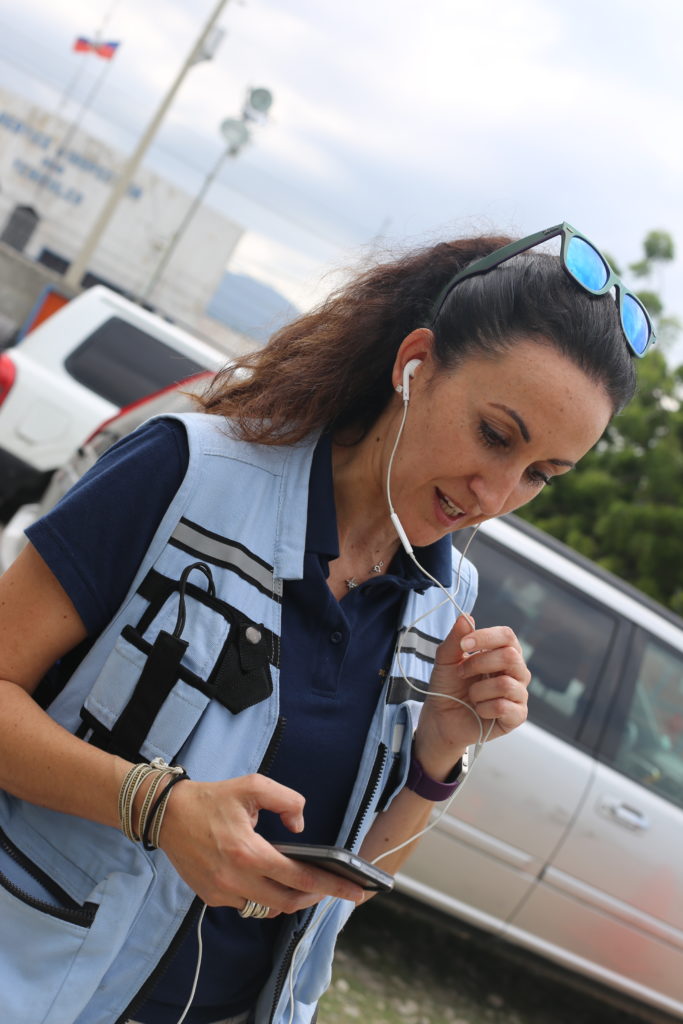
What are you most proud of?
[Prior to her current position in New York, Hadi was based in Timor-Leste for six years where she supported the nascent country in her capacity as Humanitarian Affairs Officer with OCHA, as Special Assistant to the Deputy Special Representative of the Secretary-General and then as Head of the Office of the United Nations Resident Coordinator.]
I recruited two young colleagues in Timor-Leste. It’s important to have national staff. When I met them, they hardly spoke any English. We built their skills, grew their confidence, and taught them English. Now one of them is the Secretary of State and the other is the head of the office that I used to run in Timor-Leste. It was very rewarding to give these two women the power to change their lives and contribute to their country.
Who inspires you?
I’m inspired by Rosa Parks who stood her ground despite the tremendous pressure she was under. She taught me that one person can make a difference.
Kofi Annan, the past Secretary-General of the U.N. He started as an intern like me and grew within the organization. I had the opportunity to work with him several times and he always considered the greater good.
